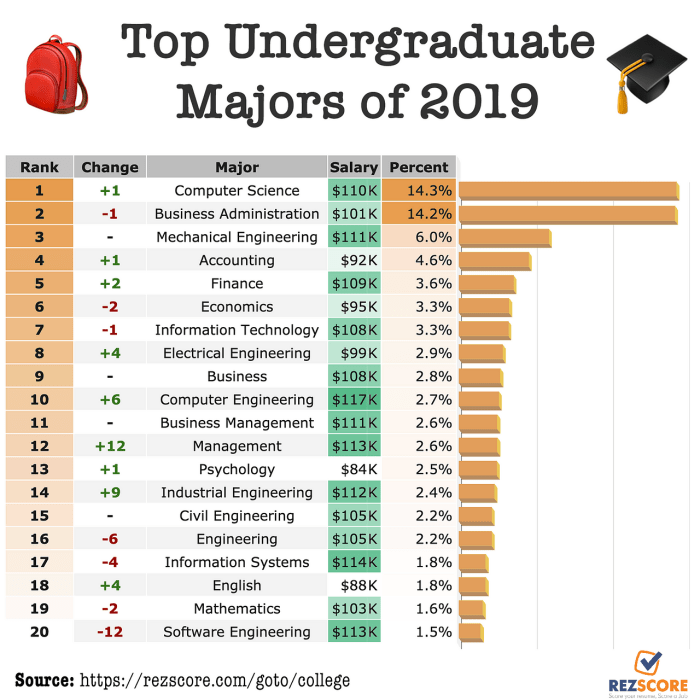- Sports Marketing
- Sports Finance
- Sports Law
- Sports Analytics
Research and Thesis

Research and thesis work form the backbone of a sports master’s program, offering invaluable opportunities for students to delve into specialized topics, develop critical thinking skills, and contribute to the field’s knowledge base.
Selecting a research topic that aligns with your interests and career aspirations is crucial. Consider current industry trends, emerging technologies, and areas where you can make a meaningful impact. Conducting thorough literature reviews and consulting with faculty mentors will help refine your research focus.
Conducting Studies
Rigorous research methods are essential for gathering reliable data. Determine the appropriate research design, data collection techniques, and statistical analysis methods for your study. Seek guidance from experts in research methodology and ensure ethical considerations are met throughout the process.
Writing a Successful Thesis
Your thesis should present a clear and concise account of your research findings. Follow established academic guidelines for structure, formatting, and referencing. Clearly state your research question, methodology, results, discussion, and conclusions. Seek feedback from your thesis advisor and incorporate their insights to enhance the quality of your work.
Skills and Competencies
Employers in the sports industry highly value candidates with a master’s degree in sports, recognizing the specialized knowledge and skills they possess. These individuals are equipped with a comprehensive understanding of sports science, management, and coaching principles, enabling them to excel in various roles within the industry.
Through coursework, extracurricular activities, and professional experiences, students can develop and refine the following key skills and competencies sought by employers:
Communication and Interpersonal Skills
- Effective written and verbal communication, including the ability to convey complex information clearly and persuasively.
- Strong interpersonal skills, fostering positive relationships with colleagues, clients, and athletes.
- Active listening and empathy, demonstrating understanding and responsiveness to others’ perspectives.
Analytical and Problem-Solving Abilities
- Advanced analytical skills, including data analysis and interpretation, to identify trends and patterns.
- Problem-solving capabilities, applying critical thinking and creativity to develop innovative solutions.
- Decision-making skills, weighing evidence and making informed choices under pressure.
Leadership and Management Proficiency
- Leadership qualities, inspiring and motivating teams to achieve goals.
- Management skills, effectively planning, organizing, and delegating responsibilities.
- Conflict resolution abilities, mediating and resolving disputes fairly and efficiently.
Technical and Specialized Knowledge
- In-depth knowledge of sports science, including biomechanics, physiology, and nutrition.
- Expertise in sports management, encompassing finance, marketing, and event planning.
- Specialized skills in coaching or athletic training, depending on the chosen concentration.
Ethics and Professionalism
- Adherence to ethical principles, maintaining integrity and fairness in all aspects of work.
- Professionalism, demonstrating a strong work ethic, accountability, and respect for colleagues.
- Commitment to continuous learning, staying abreast of industry trends and advancements.
Closure
In conclusion, sports masters degrees provide a transformative educational experience, equipping graduates with the knowledge, skills, and connections necessary to succeed in the competitive sports industry. By carefully considering the information presented in this guide, you can make an informed decision about whether a sports masters degree is the right path for you, unlocking your potential and propelling your career to new heights.





